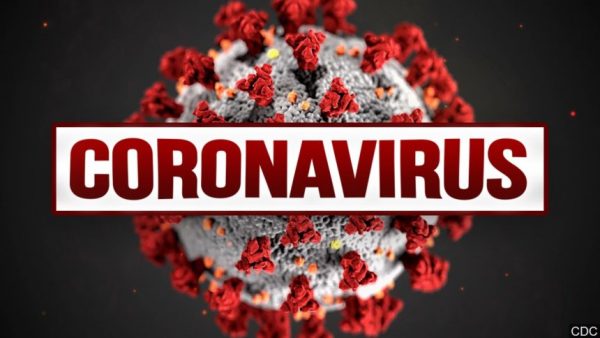The World Health Organization (WHO) has cautioned countries against rushing to lift quarantine restrictions too quickly.
Tedros Adhanom Ghebreyesus, WHO’s Director-General, made this known while giving his opening remark during a media briefing that was held with the International Monetary Fund (IMF).
He said:“ Ultimately, the best way for countries to end restrictions and ease their economic effects is to attack the virus, with the aggressive and comprehensive package of measures that we have spoken about many times before: find, test, isolate and treat every case, and trace every contact.
“If countries rush to lift restrictions too quickly, the virus could resurge and the economic impact could be even more severe and prolonged.”
The WHO boss further advised countries to put in place more stringent measures that will ensure that the COVID-19 pandemic becomes a thing of the past. He stressed that saving lives is a prerequisite to economic recovery, because good health and the global economy are intertwined.
It should be noted that half of the world’s population is currently serving stay-at-home/ lockdown orders.
The WHO boss urged countries to provide debt relief fund for their citizens to enable them cope with the lockdown. This also includes the removal of financial barriers, as well as provision of financial aid to the most vulnerable households. Ghebreyesus said:
“If people delay or forego care because they can’t afford it, they not only harm themselves, they make the pandemic harder to control and put society at risk. Several countries are suspending user fees and providing free testing and care for COVID-19, regardless of a person’s insurance, citizenship, or residence status.
“We encourage these measures. This is an unprecedented crisis, which demands an unprecedented response. Suspending user fees should be supported with measures to compensate providers for the loss of revenues.
“Governments should also consider using cash transfers to the most vulnerable households to overcome barriers to access. This may be particularly important for refugees, internally displaced persons, migrants and the homeless.”
Other measures he recommended include ensuring that core public health measures are fully funded, in terms of case-finding, testing, contact tracing, collecting data, and communication and information campaigns.
He also urged countries to strengthen their health care systems by paying health care workers promptly and supplying essential medical supplies.
Meanwhile, more than 1 million confirmed cases of COVID-19 have now been reported to WHO, including more than 50,000 deaths. The outbreak, which emerged in China a little over three months ago, has hit economies hard as cities shut down, putting people out of work.

 Football1 week ago
Football1 week ago
 Health & Fitness2 days ago
Health & Fitness2 days ago
 Comments and Issues1 week ago
Comments and Issues1 week ago
 Featured6 days ago
Featured6 days ago
 Education7 days ago
Education7 days ago
 Business7 days ago
Business7 days ago
 Business6 days ago
Business6 days ago
 Crime7 days ago
Crime7 days ago

